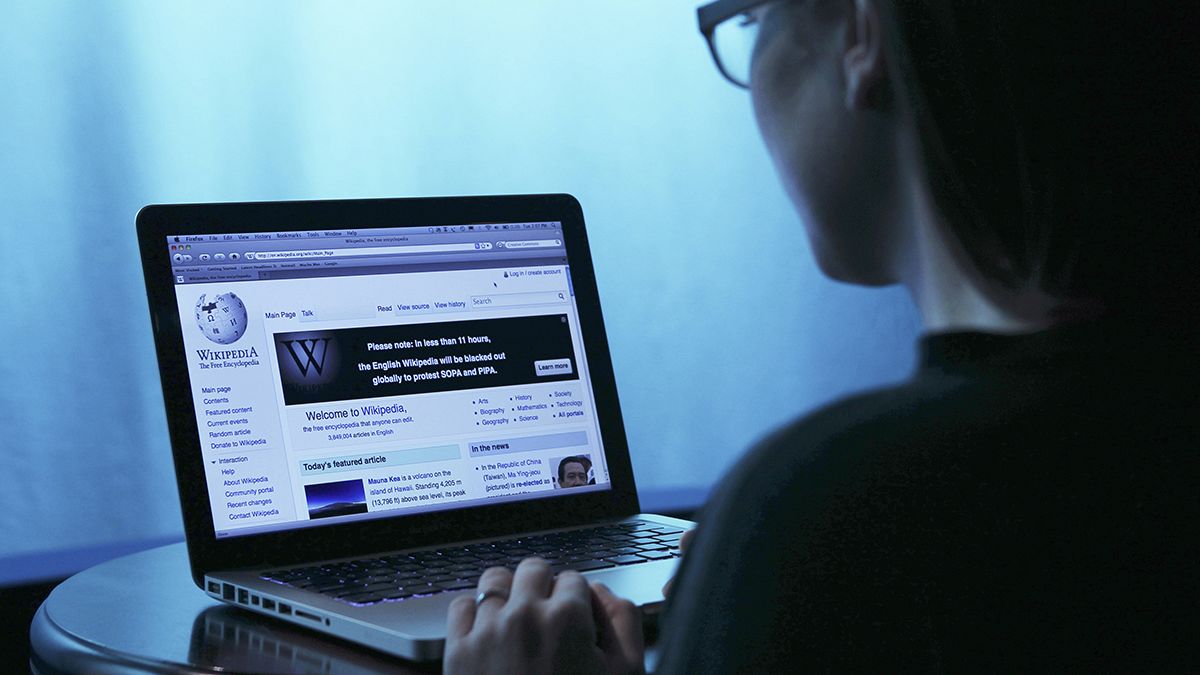The US surveillance program PRISM has shaken the confidence of governments and the public alike. What is the impact on efforts to reach an EU-US data protection agreement? How much should your government be spying on you?
Cyber wars can translate into real tensions, as in the case of a former US intelligence analyst who leaked large amounts of information.
Tensions have risen between China and the US as they exchange accusations of hacking. And many Europeans are also angry and nervous about the PRISM scandal, in which the US government obtained online data from leading Internet firms with its secret programme of the same name.
European lawmakers say PRISM has thrown into question the ongoing overhaul of 20-year-old EU data protection rules, and existing transatlantic data-sharing deals. They include the SWIFT agreement on sharing financial transaction data and an agreement on airline passenger name records.
Industrial espionage, terrorism, organised crime – all reasons governments use to tap into the Internet to track down the bad guys. Without a data agreement, does that leave it up to covert exchange of data anyway to avert future terrorist attacks?
You can watch The Network, which brings together Jan Philipp Albrecht, a Green member of the European Parliament’s civil liberties, justice and home affairs committee and author of the proposed data protection package; Ian Walden, Professor of Information and Communications Law at the University of London, a critic of government surveillance like PRISM, and John Higgins, General Director of DIGITALEUROPE, which represents Internet and communications technology firms large and small across Europe, to discuss the issues.
